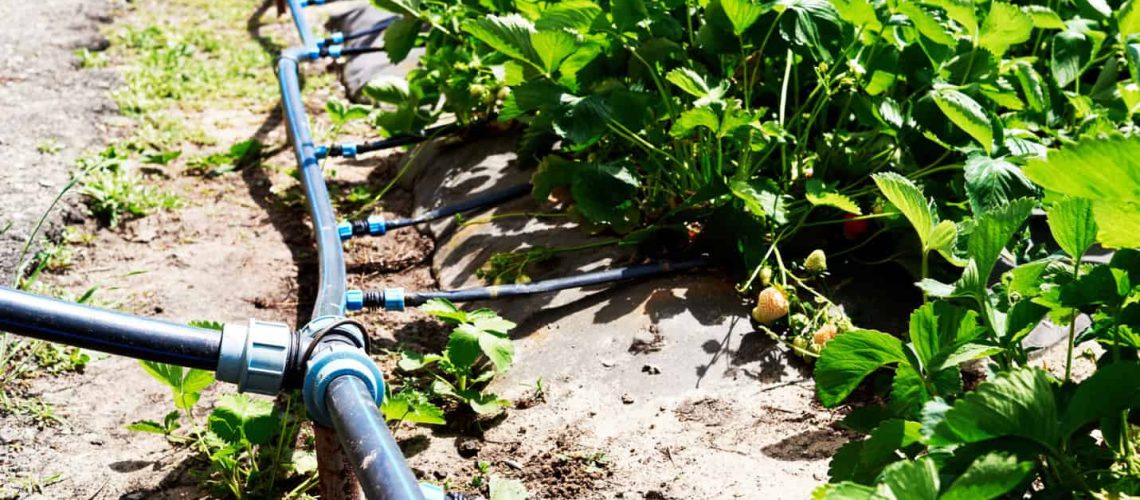We all want to do our part for a sustainable planet. Using smart water agricultural irrigation methods is one way we can contribute to that. In the United States, it is said that over 50% of water is wasted due to inefficient traditional methods for irrigation. Fortunately, technology is providing better ways to solve this problem. Considering that approximately 85% of our water supply is used for agriculture, this is great news. Water is one of our precious resources, therefore, we must implement conscious practices to protect it.
Smart Agricultural Irrigation Practices
People in the agricultural industry are following these tips to help conserve water while keeping the land irrigated.
1. Use a micro-irrigation system, also known as a drip-irrigation system. It allows water to drip near plant roots, which reduces the amount it is needed and improves the effectiveness of fertilizers. It also aids in the control of pests.
2. Turn on automatic timers to create a schedule. It reduces the amount of time water is being used. These can be adjusted as needed in accordance with the seasons of the year.
3. Maintain the system working properly. Fix any damaged parts, leaks, or misdirected sprinklers. All these small details add up to big water consumption when ignored.
4. Irrigate with reclaimed water. There is no need to use high-quality purified water. There is plenty of reclaimed water that still has the nutrients needed to maintain certain crops.
5. Collect rainwater when possible. This is especially effective for smaller gardens. There are many resourceful ways to collect and filter rainwater. It makes the most sense in states such as Florida where rain is abundant in some parts of the year.
Smart Irrigation Saves Water and Money
The agricultural industry is aware of the costs saved per year by having a smart irrigation system. This is an added benefit on top of saving the planet. There are research studies that now confirm the efficiency of a smart irrigation system provides. A big concern for agriculture is keeping costs down. Controlled research studies indicate significant savings in the water of about 30 to 50 percent. This is confirmation of how sustainable practices are also good for the economy in the long-run.
Find out which agricultural irrigation system is best for you and start implementing a smarter choice for keeping your plants hydrated.

